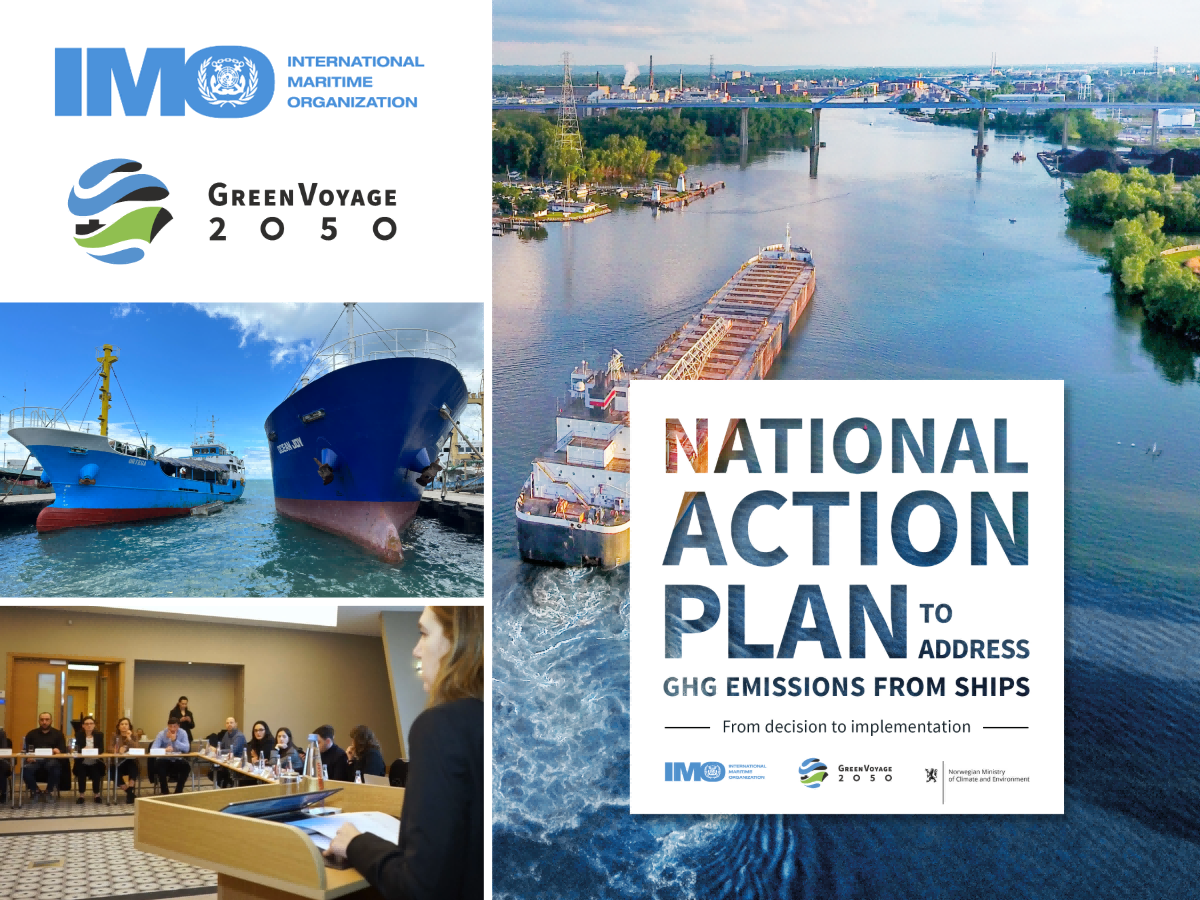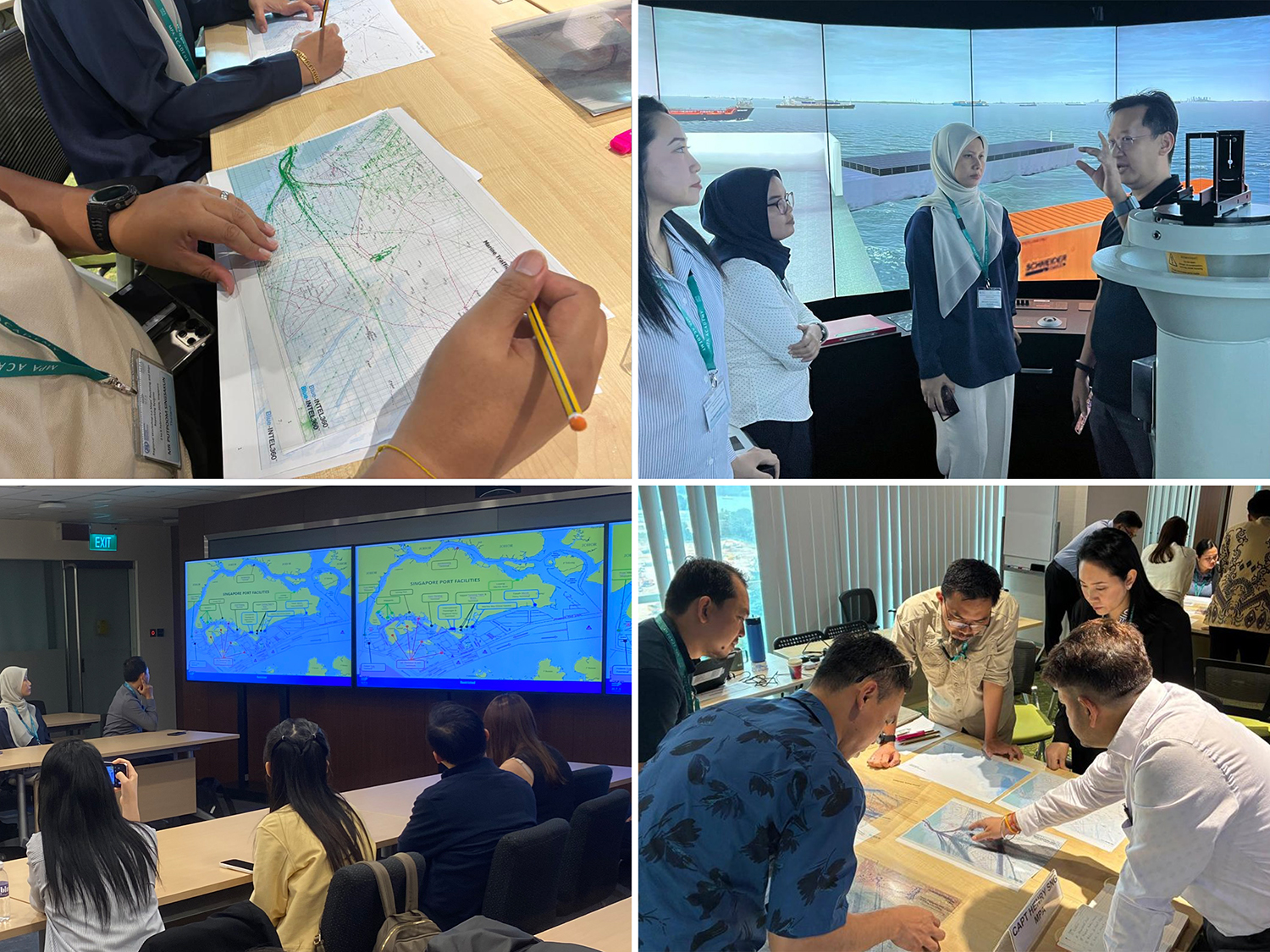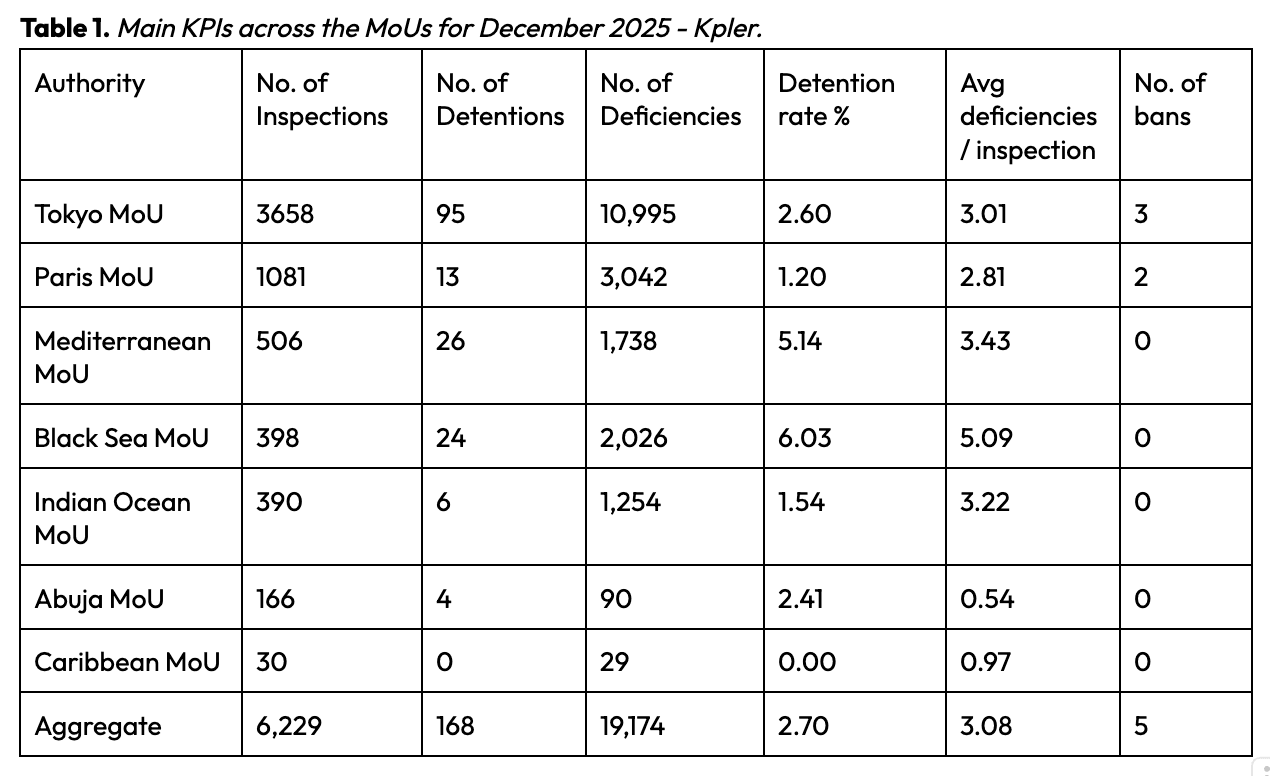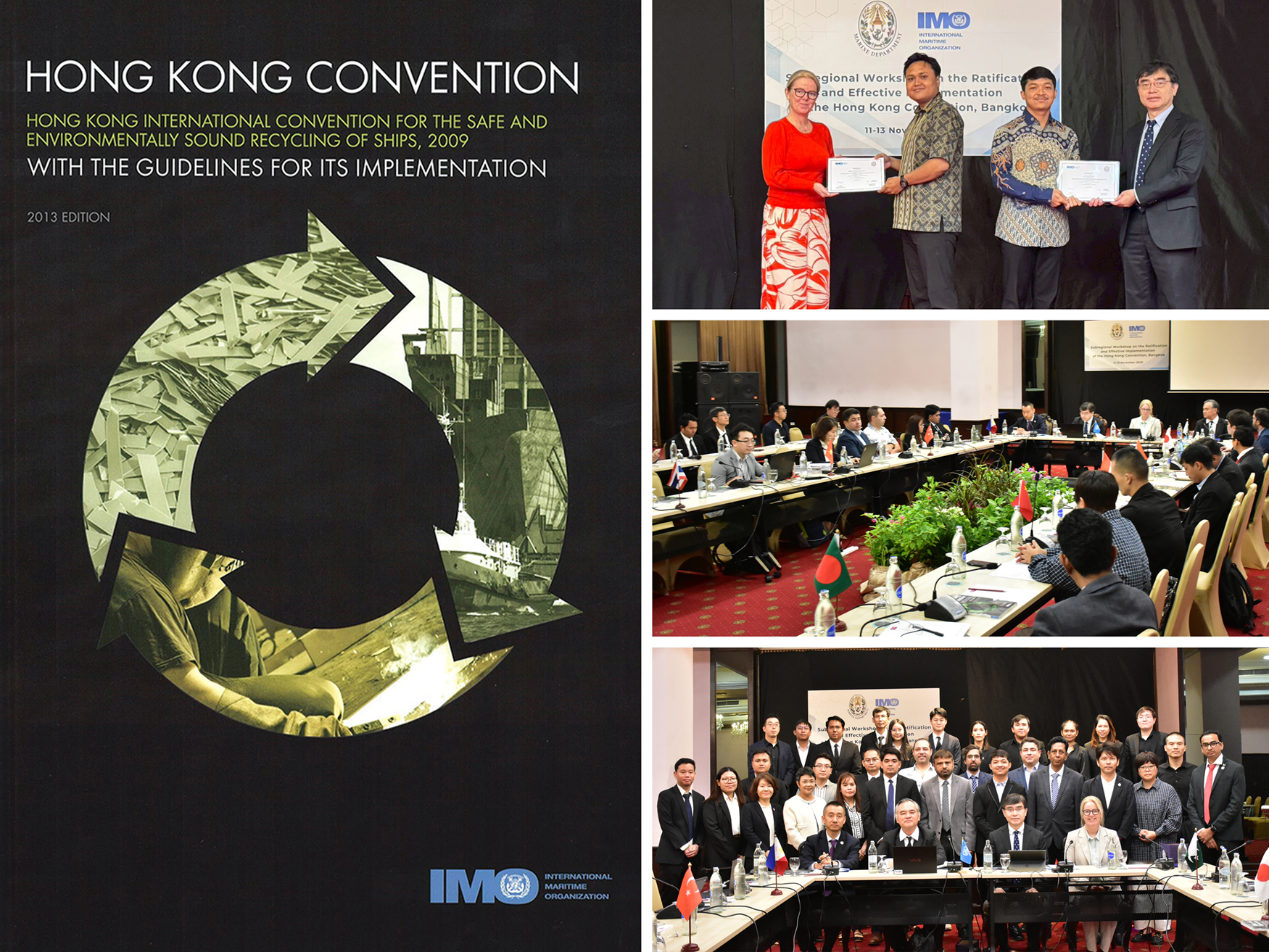






The International Maritime Organization (IMO) is inviting expressions of interest from developing countries for support to create National Action Plans (NAPs) to reduce greenhouse gas (GHG) emissions from shipping. This technical support,provided through the GreenVoyage2050 programme, offers a unique opportunity for eligible developing countries to develop tailored NAPs that address their specific maritime challenges.
A National Action Plan outlines a country's strategies to reduce GHG emissions from ships. These plans can include various measures, such as enhancing institutional and legislative frameworks, promoting energy efficiency, researching and adopting low-carbon and zero-carbon fuels, accelerating port emission reduction strategies, and developing infrastructure for green shipping.
The implementation of NAPs and policy actions identified therein, can facilitate the step change needed to significantly reduce ship emissions and support achieving IMO's GHG mitigation commitments.
IMO's 2023 Strategy on Reduction of GHG Emissions from Ships (resolution MEPC.377(80)) sets ambitious goals, including achieving net-zero GHG emissions by or around, i.e. close to, 2050 and ensuring the uptake of alternative zero or near-zero GHG emission technologies, fuels, and energy sources by 2030.
The GreenVoyage2050 programme has been actively supporting partnering countries in the process of developing a national maritime emission baseline to inform evidence-based policymaking and highlight priority actions. The development of a NAP requires significant coordination across various ministries and stakeholders.
TheGreenVoyage2050 programme facilitates these dialogues to ensure effective NAP development and implementation.Selected countries will receive technical assistance, including targeted capacity-building and training, the provision of expert personnel, assistance with data analysis, technical guidance, stakeholder dialogue facilitation, and administrative support.
Ms. Astrid Dispert, GreenVoyage2050 Manager, said: "National Action Plans are essential for every country looking to tackle maritime GHG emissions effectively. Our programme not only offers technical support but also promotes collaboration among stakeholders, ensuring that these plans are practical, actionable, and tailored to each country's unique needs. By supporting the development of these plans, we enable developing countries to build a sustainable and resilient maritime future."
Developing countries eligible for Official Development Assistance are invited to submit their expressions of interest by completing an online form - more information can be found here. The application process requires commitment from national stakeholders, including for the organization of local workshops and coordination of communication between public and private sectors. The deadline for submitting expressions of interest is 6 September 2024.
For more information, please visit the GreenVoyage2050 website or contact Ms. Astrid Dispert at greenvoyage2050@imo.org.
National Action Plans
IMO resolution MEPC.367(79), adopted in 2022, encourages Member States to develop and submit voluntary NAPs outlining respective policies and actions to address GHG emissions from ships. A comprehensive NAP outlines a country's strategies and actions to reduce ship GHG emissions. NAPs submitted to IMO can be accessed here.
GreenVoyage2050
GreenVoyage2050 is a major technical cooperation programme initiated by the IMO to assist developing countries in reducing GHG emissions from shipping, aligning with the 2023 IMO GHG Strategy. Phase I of GreenVoyage2050 (2020-2023) supported partnering countries in developing policy frameworks and pilot projects to reduce GHG emissions from ships. Phase II (2024-2030) will continue and expand this support, leveraging substantial funding from donors including Finland, France, Germany, the Netherlands, and Norway.






